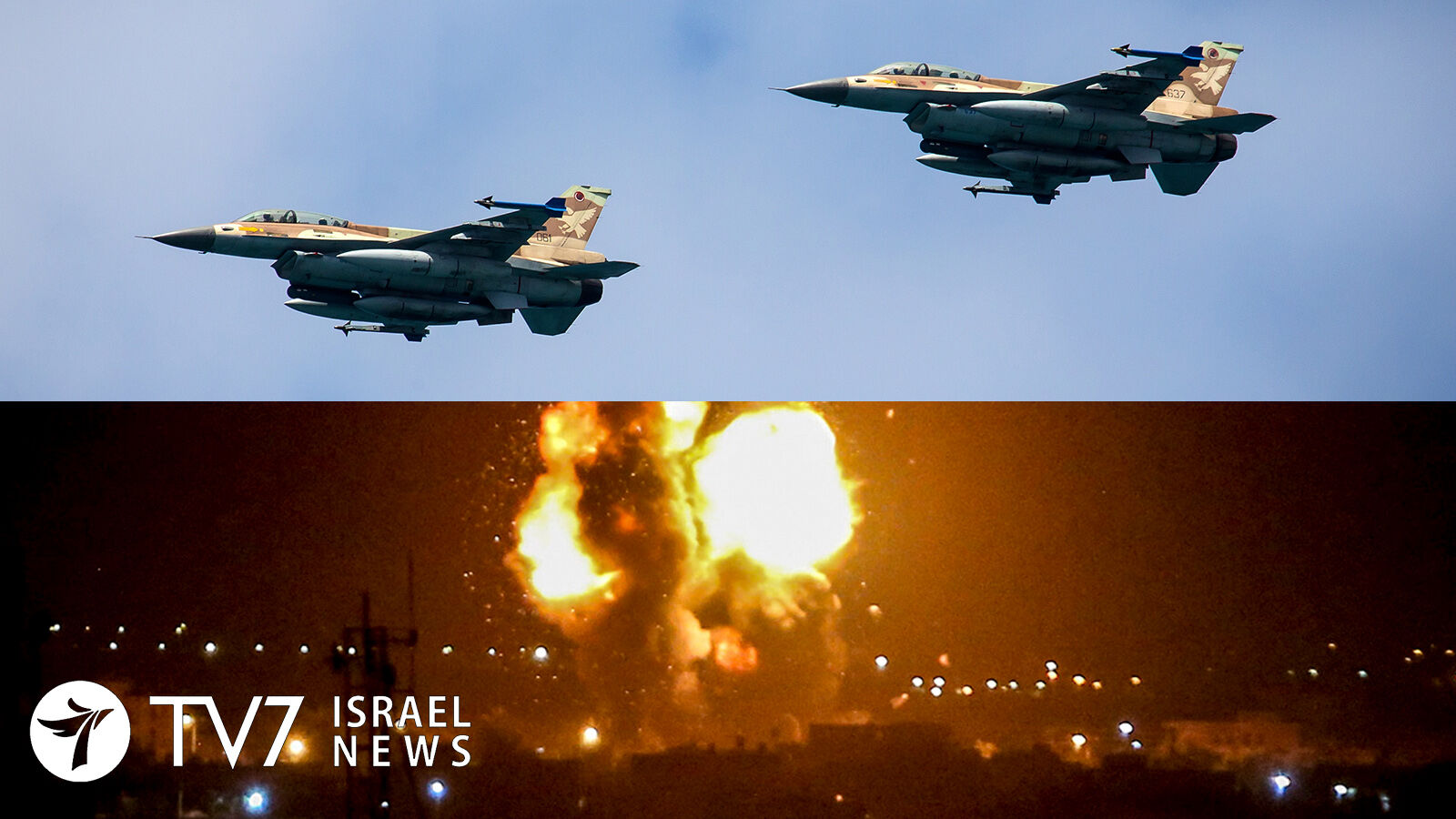Moscow affirms ongoing military cooperation with Jerusalem regardless of the Ukraine crisis.
By Erin Viner
“Our military officials discuss the practical issues of this substantively on a daily basis. This mechanism has proven to be useful and will continue to work,” declared the Russian Embassy in Israel in a statement.
The two countries established a a “deconfliction mechanism” to prevent inadvertent clashes in Syria following Russian intervention in the civil war in the Arab Republic amid frequent alleged IDF strikes against Iranian deployments and arms transfers to its proxies in the neighboring Arab Republic.
Russia went on to express support for Israel’s security needs while reiterating “opposition to violations of Syrian sovereignty,” reported Reuters.
When asked about prospects for continued coordination with Russia over Syria, the Israeli Defense Forces underscored that it “will act when needed to counter threats, defend the people of Israel and our sovereignty.”
Jerusalem’s strongest ally Washington announced last Thursday that there has been no change to its own deconfliction mechanism with Moscow over Damascus, despite the severe impact Russia’s 24 February invasion of Ukraine has had on its relations with the United States.
While Foreign Affairs Minister and Alternate Premier Yair Lapid declared that Israel condemns the Russian attack on Ukraine as a “serious violation of the international order,” he stopped short of condemning Moscow or its leadership, underscoring that “Israel has deep, long-lasting, and good relations with Russia and with Ukraine.”
Russia nevertheless summoned Israel’s Ambassador for talks in response to Lapid’s condemnation over what Moscow refers to as its “special operation” in Ukraine.
“The hope was expressed that Israel would treat with due understanding the reasons that prompted the Russian leadership to decide to conduct a special military operation to protect civilians in Donbass, demilitarize and denazify Ukraine,” proclaimed the embassy statement.
